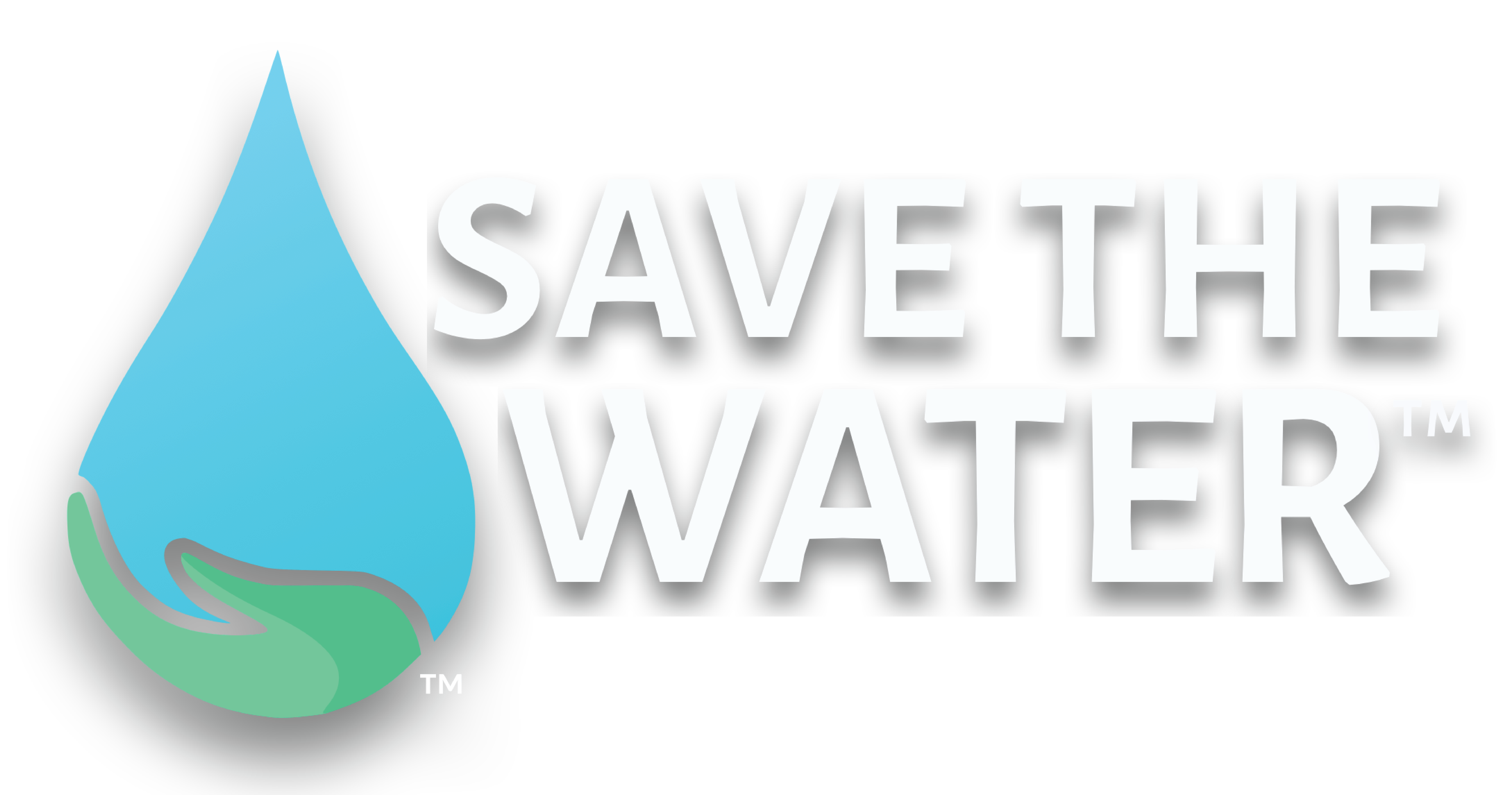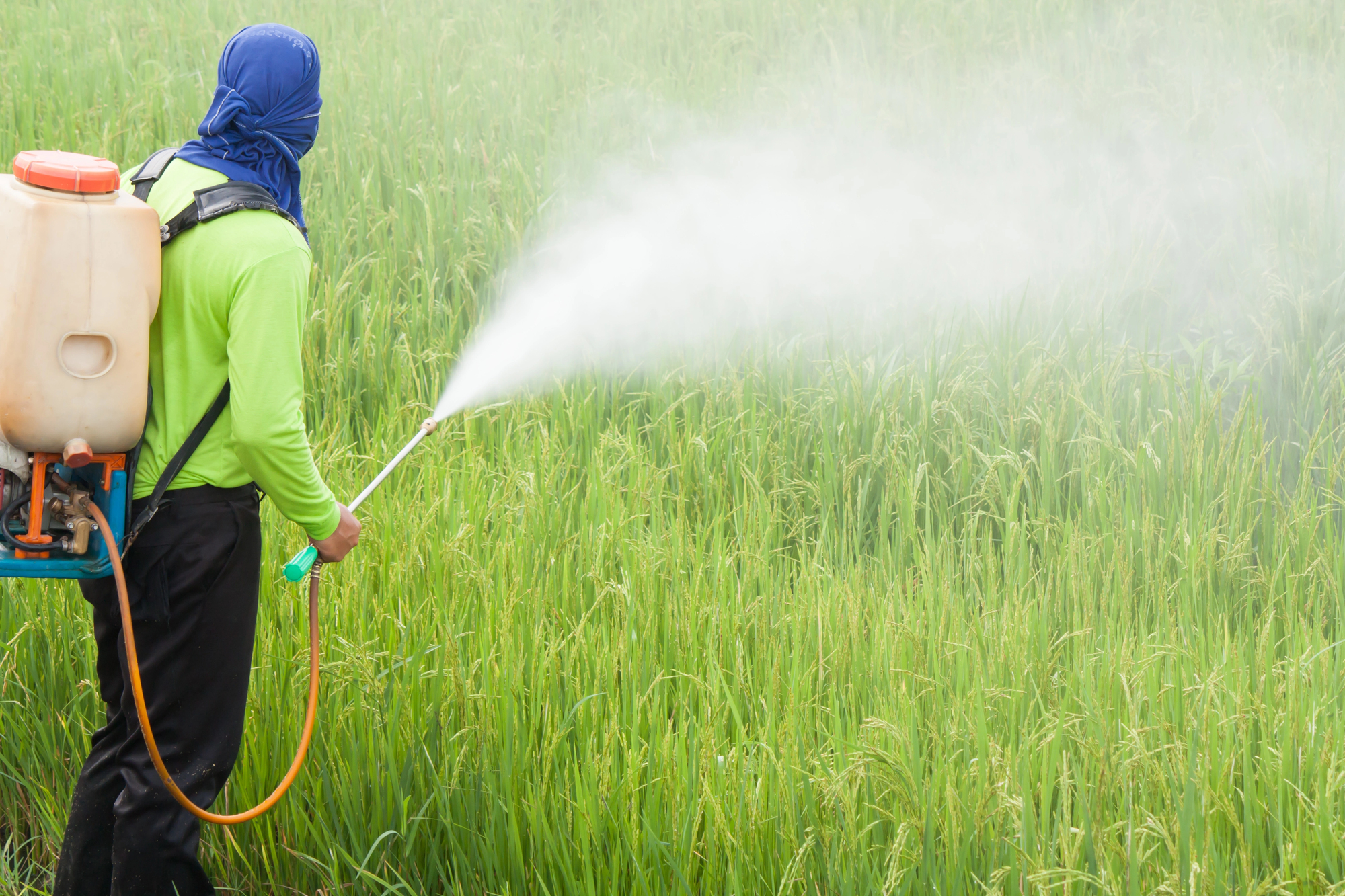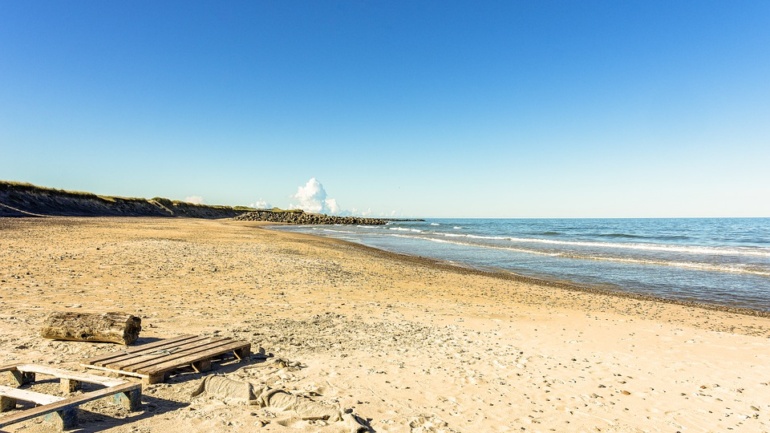By Samhar Almomani, Publishing Associate: Researcher and Writer at Save the Water™ | January 19, 2025
Edited by Apurva Makashir, Publishing Associate, at Save the Water™
Pesticides harm water quality. This poses serious health risks to people who drink such polluted water. A group based in Quebec monitors water quality in Lake Temiskaming, north of North Bay. They said the Wabi River near the lake’s shores is starting to pose a public safety risk. This is mainly due to environmental challenges which threaten its ecosystem. The group detected 23 pesticides in the water, with Atrazine being the most common pesticide.
Why Should We Be Concerned?
Polluted water with pesticides can be difficult to restore. As a result, this wastes valuable water sources in areas that need them most. Consequently, people are often forced to drink polluted water and risk their health or not drinking water at all. Furthermore, some local communities can depend on the water source for food. Thus, when pesticides are found in the water, it is unsafe to drink or eat any seafood out of it.
Communities are worried about the contaminants in their water. They want to know the potential health effects of drinking such water. Atrazine, for example, is usually utilized to prevent weeds from growing on agricultural lands. Europe banned this pesticide in 2004, citing its harmful effects on human health and the environment.
Health Risks Associated with Pesticides
There are several health risks associated with pesticides. The type of pesticide, its toxicity, and the amount of exposure determine how dangerous a pollutant is. For example, acute toxicity can cause skin irritation, headaches, and nausea. On the other hand, chronic toxicity can lead to cancer, neurodegenerative disorders, reproductive health issues, and endocrine disruption.
Some of the other health risks associated with pesticides are:
- Immune system suppression, which leads to worse symptoms and more complications when sick
- Developmental delays due to prenatal exposure
- Parkinson’s and other neurological disorders
How Widespread Are Pesticides?
A report by the 2020 U.S. Geological Survey (USGS) revealed that pesticides are everywhere. Over 90 percent of water samples contain at least five or more different kinds of pesticides.
Furthermore, pesticides can be found in groundwater. This is particularly concerning because around half the U.S. population uses groundwater for drinking. Pesticide use is also prevalent in agriculture and can pollute commonly used water sources. As a result, this issue is of particular importance for individuals living in rural areas and near agricultural land.
Additionally, in California’s Sacramento and Feather Rivers, the Environmental Protection Agency (EPA) issued a warning that these are “impaired waterbodies.” The EPA cited high amounts of pesticides, which made the water unusable for food, water, or swimming.
What Can You Do to Reduce Your Risk?
There are several ways to reduce the risk of pesticide exposure. We can achieve this through personal actions, community engagement, and raising awareness.
- Water filter systems: The water filter systems can remove pesticide residues. Hence, the EPA recommends to use filtered water as much as possible. This could be carbon filters or reverse osmosis systems.
- Water quality: The EPA also encourages periodically checking the water quality. This is important if you rely on a private well as your main source of drinking water.
Washing of food: You can wash food thoroughly to remove pesticides that could be on it. In some cases, it is recommended to peel fruits or vegetables to reduce exposure to pesticides.
- Organic products: You can also switch to consuming organic products. These products are a safer option due to less pesticide residues. Also, local farmers often rely on reduced-pesticide farming practices. As a result, this can be a good idea to buy your produce from them.
Lastly, it may feel hopeless because pesticides are so widespread. However, you can still take these steps to ensure cleaner water sources, reduce health risks, and prevent contamination in nearby communities.





